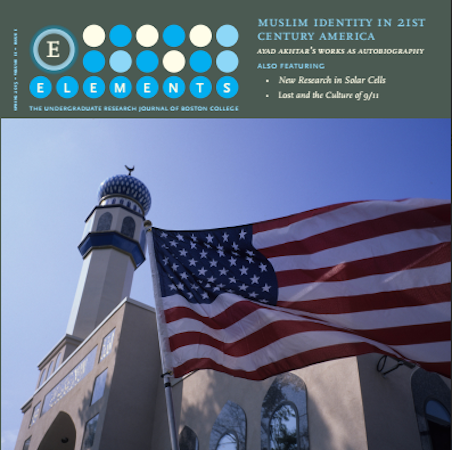Positive Law vs. Good Intentions: The Legality of the Comcast-Time Warner Cable Merger
DOI:
https://doi.org/10.6017/eurj.v11i1.8818Keywords:
law, Spring 2015, Comcast, business, mergersAbstract
In 2014, a merger proposal was submitted to the U.S. Department of Justice by Comcast Corporation and Time Warner Cable. The proposed merger has incited popular opposition due to concerns that it would lead to the applicants’ monopolistic control over the internet distribution market. Consequently, appeals have been made in favor of enforcement of antitrust laws in this case. While it may be symptomatic of a need for the laws to change, there is currently no legal foundation for the opposition, and it would be fully legal for the Department of Justice to support the merger. In any case, either verdict will lead to a profound legal precedent.Downloads
Published
2015-04-01
How to Cite
Tune, H. (2015). Positive Law vs. Good Intentions: The Legality of the Comcast-Time Warner Cable Merger. Elements, 11(1). https://doi.org/10.6017/eurj.v11i1.8818
Issue
Section
Articles
License
Copyright (c) 2015 Elements

This work is licensed under a Creative Commons Attribution 4.0 International License.

